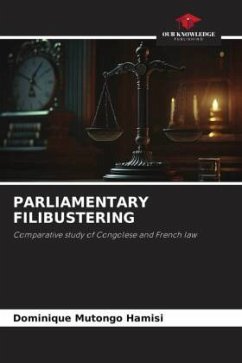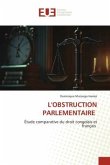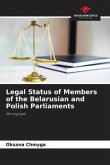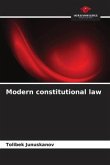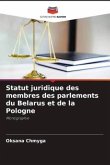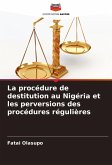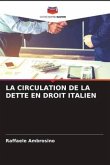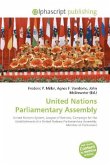Parliamentary filibustering is a game played by national MPs in many parliaments around the world. This research focused on the Congolese and French parliaments in order to make a comparative study. We found that the opposition is not the only obstructionist player, and that even the majority can play the game, since the parliamentary battle consists of pushing through a bill that does not protect its political interests. In Congolese law, obstruction is more physical than technical, hence the need to revise the Constitution and the laws organizing the National Assembly and Senate with a view to incorporating anti-obstruction measures into these laws, since the provisions relating to obstruction are less relevant and give deputies the power to act to block the parliamentary machinery. As constitutional revision has failed to produce its effects in France, following recent cases of filibustering, the penalization of this game is proving to be a measure capable of eradicating this parliamentary disorder. Sanctions for breaches of the rules of parliamentary ethics must be adopted...
Bitte wählen Sie Ihr Anliegen aus.
Rechnungen
Retourenschein anfordern
Bestellstatus
Storno

